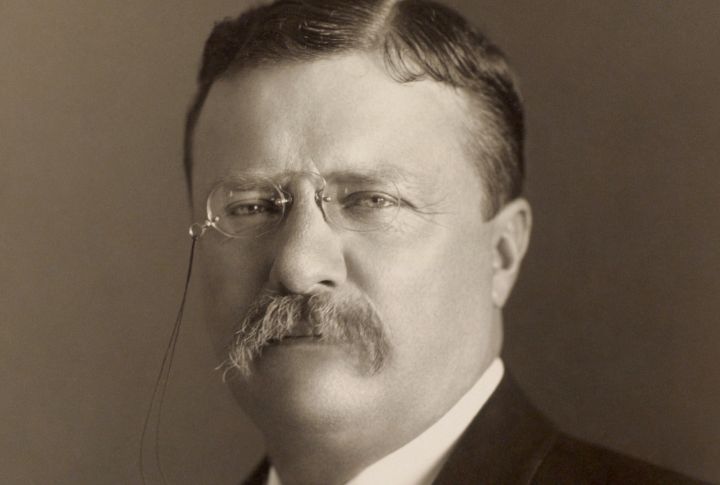
Teddy Roosevelt wasn’t just a president—he was a force of nature with a restless spirit and iron will. Beyond the textbook tales lies a man full of surprises. Curious what made him truly unforgettable? Step in and uncover the side history class left out.
He Was Shot Mid-Speech And Kept Talking
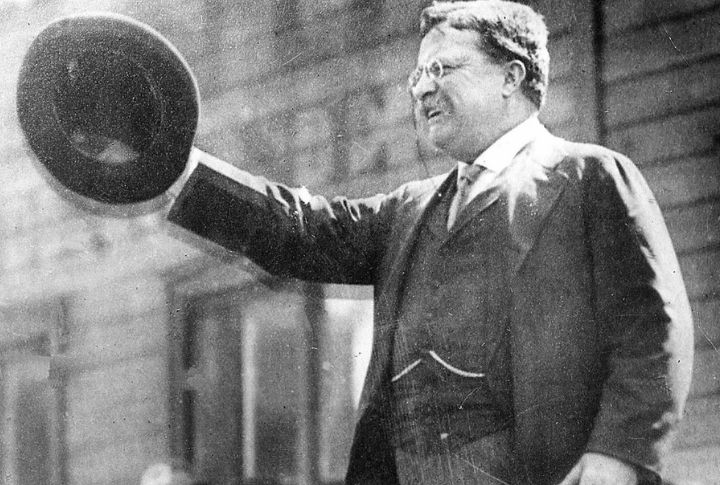
In 1912, Roosevelt was giving a speech in Milwaukee when he was shot in the chest by an assassin. The slug passed through his glasses case and a folded speech, reducing its impact. Remarkably, he delivered his entire 90-minute address before receiving medical help. He began with, “It takes more than that to kill a Bull Moose.”
He Led A Cavalry Charge In Cuba
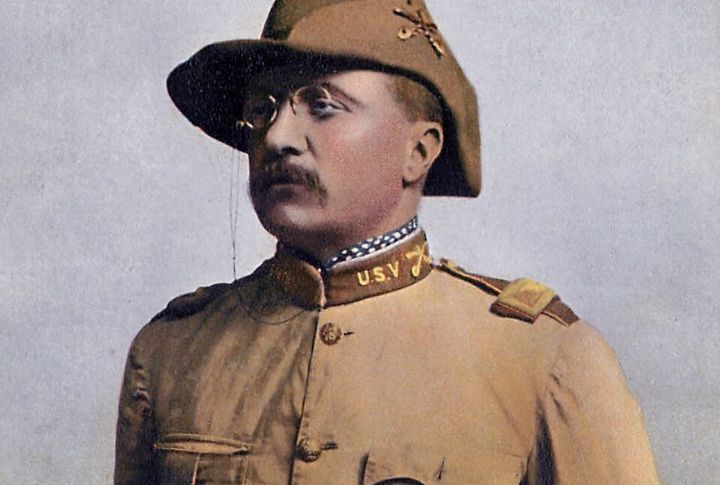
Roosevelt volunteered for military service and led the Rough Riders up San Juan Hill—on horseback, under live fire. That bold decision earned him national fame. He called it “the great day of my life.” Hence, it is a sharp reminder that leading from the front often earns more than just respect. It defines legacy.
He Took Down Corrupt NY Police As Commissioner
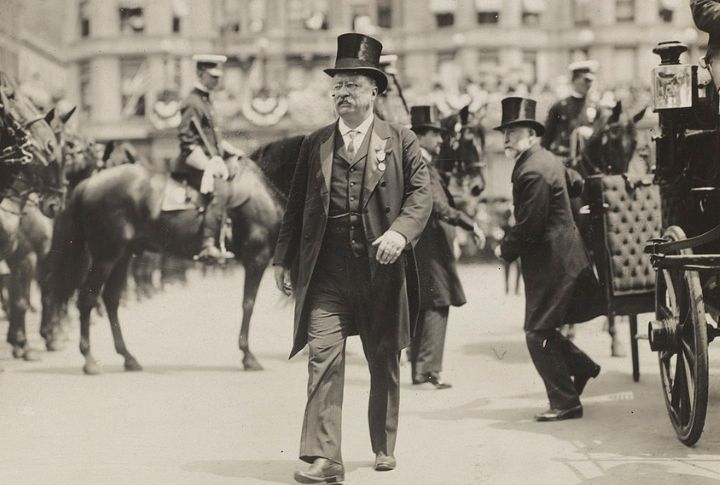
As NYPD Commissioner, Roosevelt personally patrolled night shifts to identify corruption. He even enforced ignored laws, including Sunday liquor bans, with consistency. Political leaders disliked him for rejecting bribes and disrupting their influence. In fact, his efforts played a key role in reshaping law enforcement standards across major U.S. cities in the years that followed.
He Was America’s Youngest President By Accident
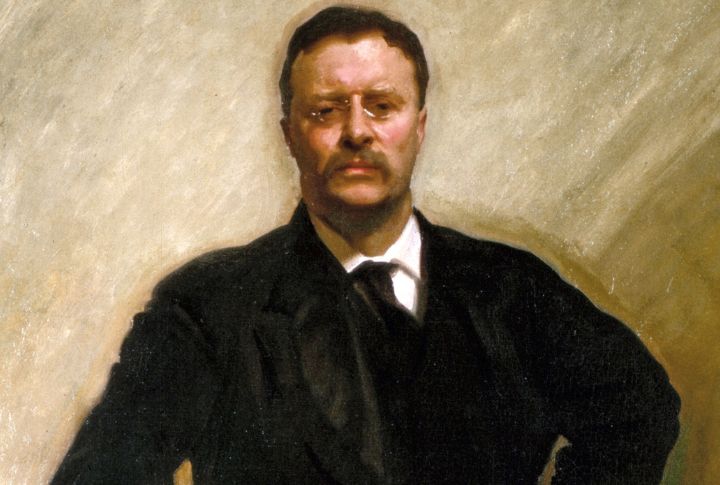
Roosevelt became the youngest U.S. president at age 42 following the 1901 murder of William McKinley. As vice president, he assumed the role without election. His active leadership style redefined the presidency’s expectations. Journalists of the time also nicknamed him a “steam engine in trousers” due to his constant energy and fast decisions.
He Explored An Unmapped River In The Amazon
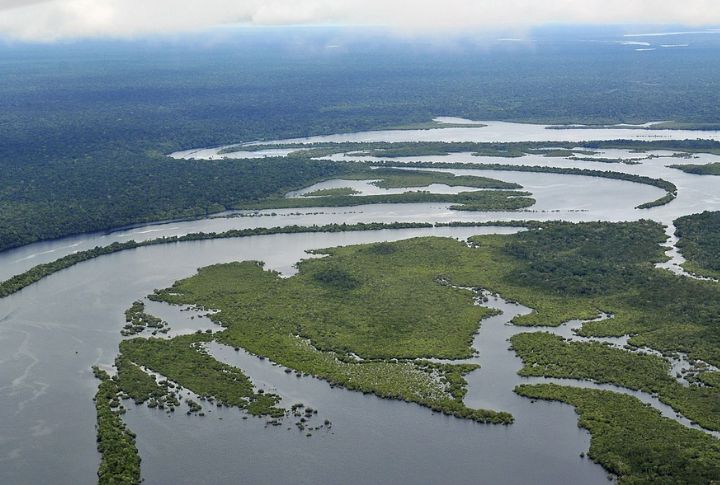
What drives a former president deep into uncharted Amazon territory? For Roosevelt, it was curiosity, grit, and a refusal to rest. He suffered malaria, shed 50 pounds, and narrowly escaped death. Yet he led on. Today, the river he conquered bears his name—Rio Roosevelt.
He Boxed On The White House
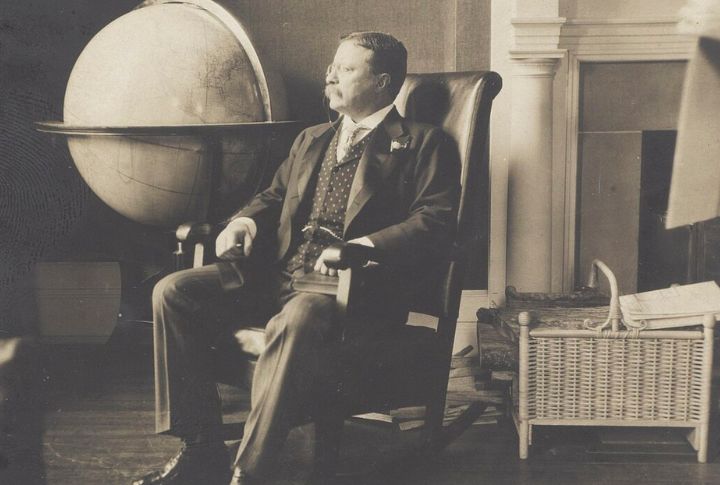
While serving as president, Roosevelt boxed with military men and professional fighters. A punch to the face cost him sight in one eye, a fact he kept hidden for years. But he didn’t stop moving; he turned to jiu-jitsu instead. His toughness wasn’t just physical. It was a mindset that never gave in.
He Lost His Wife And Mother On The Same Day
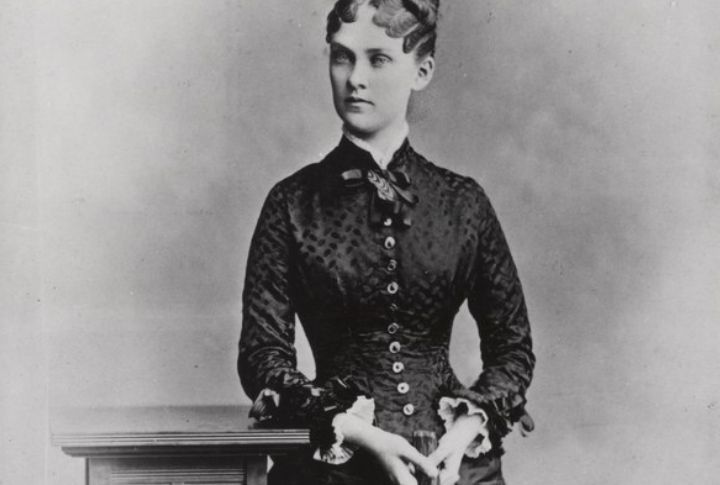
February 14, 1884. His mother died. Hours later, so did his wife. Roosevelt never recovered fully. He even told friends to never speak her name again. Soon after, he rode west to the Dakotas. Life there was cold and punishing—but it reforged him, piece by jagged piece.
He Wrote Over 30 Books
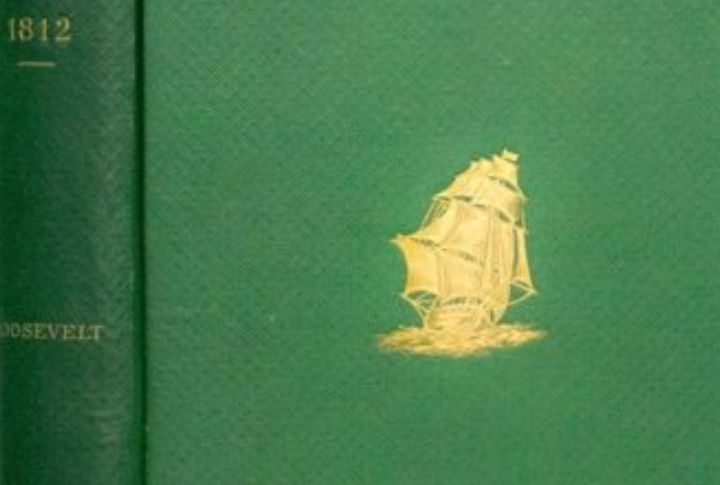
Roosevelt authored more than 30 books across a range of subjects, including politics, nature, and military history. In fact, he wrote and edited his own material without assistance. One of his works, a book on naval history, was completed during an Atlantic voyage. And, his analysis of the Battle of 1812 remains highly regarded to this day.
He Created National Parks With Military Precision
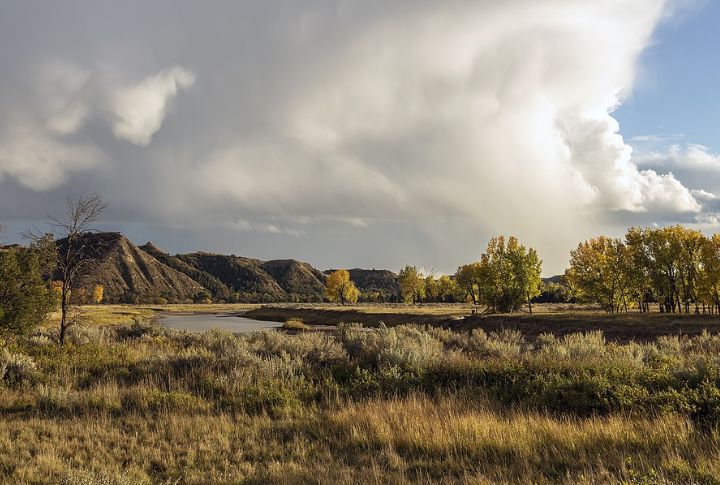
Theodore Roosevelt’s presidency marked a turning point in U.S. conservation. Over 230 million acres were placed under federal protection, including five national parks, 18 monuments, and 150 national forests. When Congress delayed, he used executive authority to advance preservation—true to his enduring message: “Leave it as it is.”
He Threatened To Personally Lead Strikers And Troops
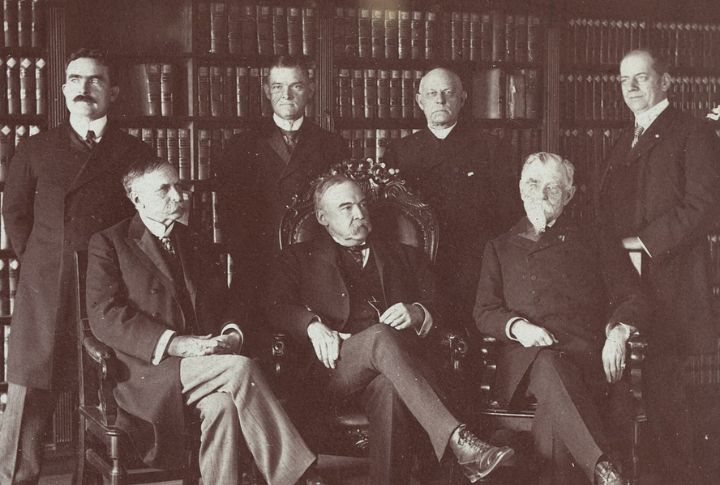
In 1902, Roosevelt nearly sent troops to end a major coal strike. He demanded fair negotiations instead of siding with mine owners, breaking tradition. His actions prevented a nationwide fuel shortage. Saying, “My duty is to the public,” Roosevelt set a new standard for presidential leadership during labor disputes.

